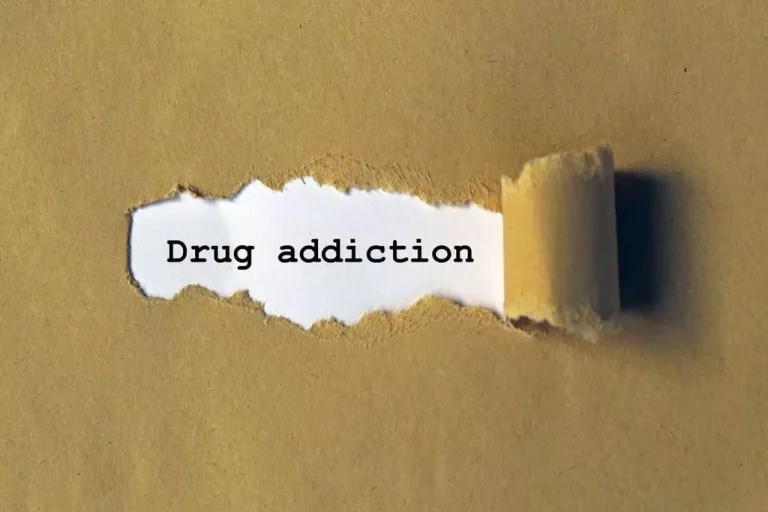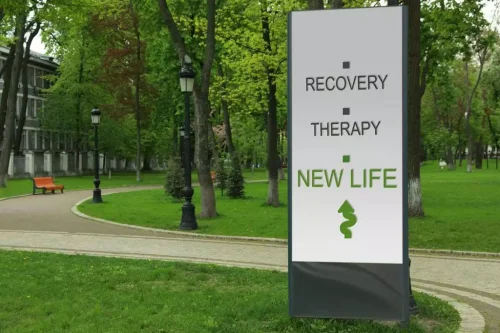Alcoholic in Denial: Signs, Behaviour, and Ways to Help
Sc-xx Yuvalar
February 7, 2023Jogo Da Roleta Que Ganha Recurso Financeiro As Melhores Versões De Roleta Nos Cassinos Online Brasileiro
February 16, 2023
Alcohol negatively affects cognitive function, and when someone is addicted to alcohol, their brain begins to rely on it to function properly. This can make it difficult for an alcoholic to admit they have a problem, as they may feel like they are not in control of their own actions. It’s easy https://ecosoberhouse.com/ to feel betrayed, let down or back to square one when the person promises they will stop drinking but relapse shortly after.
How Do You Approach a Person With Alcohol Dependence Who Is in Denial?
This may involve refusing to cover up alcoholism symptoms for them or making excuses for their behaviour. While it may be difficult at first, setting these boundaries is crucial in helping them face the reality of their problems. In order to effectively communicate with someone in denial, it’s crucial to use confrontation techniques that are supportive rather than confrontational. Focus on using “I” statements to express how their behaviours make you feel, without blaming or accusing them. This allows for open dialogue and helps them understand the consequences of their actions.
Engage the use of an intervention service.
It occurs when a person refuses to acknowledge the severity of their addiction or its consequences on their life and relationships. The psychology behind denial involves rationalizing one’s behavior, shifting blame, and avoiding responsibility. Societal and cultural factors can also play a role in an alcoholic’s denial.
- Interventions do not always lead to immediate acceptance but they can plant a seed.
- Unfortunately sometimes it takes something really serious for someone to stop, reflect, and really look at what’s going on.
- This can keep your loved one aware of the steps they can take when they feel ready to seek help and ensure that support and advice are always at hand.
Is It Possible for an Alcoholic To Recover Without Seeking Professional Help?
The affected person may not deny that they are drinking too much, but they may attempt to shift the blame onto another person or situation. It is not simply a matter of the affected person saying, ‘I don’t have a problem.’ They may deny their addiction in several ways, the most common of which are detailed below. It can be really tough when your loved one is an alcoholic, maybe consider attending an Al-Anon meeting in your area? It might give you more tools to help your brother when he’s finally ready to accept it.

Coping with Denial in People with Alcoholism

Engaging in self-care practices, such as exercise, proper nutrition, and maintaining a healthy sleep schedule, is also essential for managing stress during the recovery process. Upon payment of your program, you have reserved your spot for the specified date. Should you wish to transfer to another date, you must notify Arrow Health at least 5 business days’ prior to the first session. A transfer to another date will only be allowed if there are vacancies, and you provide us with sufficient notice. There is a high demand for these programs which means that if you book in and don’t attend, that is a place that someone else how to help an alcoholic in denial could have taken but missed out. Therefore, to receive a full refund, you must give us a minimum of 5 business days’ notice before the commencement of your first session if you are not attending the booked course.
Symptoms of Denial

They may not be ready to give up drinking alcohol – the very thought of it could feel terrifying and overwhelming. It can be easier to deny that there is a problem for themselves and others. By comparing their drinking behaviours to those of others, the affected person may attempt to show that their actions are normal or even better than others around them.
- The first step to treating alcoholism is to complete a detox programme.
- By focusing on enhancing self-awareness and overcoming the stigma around seeking help, you can take crucial steps towards regaining control of your life and overcoming alcoholism.
- By involving loved ones and a professional interventionist, strategies can be developed to encourage the person struggling with alcoholism to recognise the need for professional assistance.
- Here are the different types of alcoholic denial and why people with alcohol addiction may deny their drinking problem.
- While not every intervention follows the same path or runs smoothly as this one, there are valuable takeaways that can help guide a real-life approach.
- Letting them know that you care about their well-being and are there to support them can make a significant difference in their willingness to accept help.